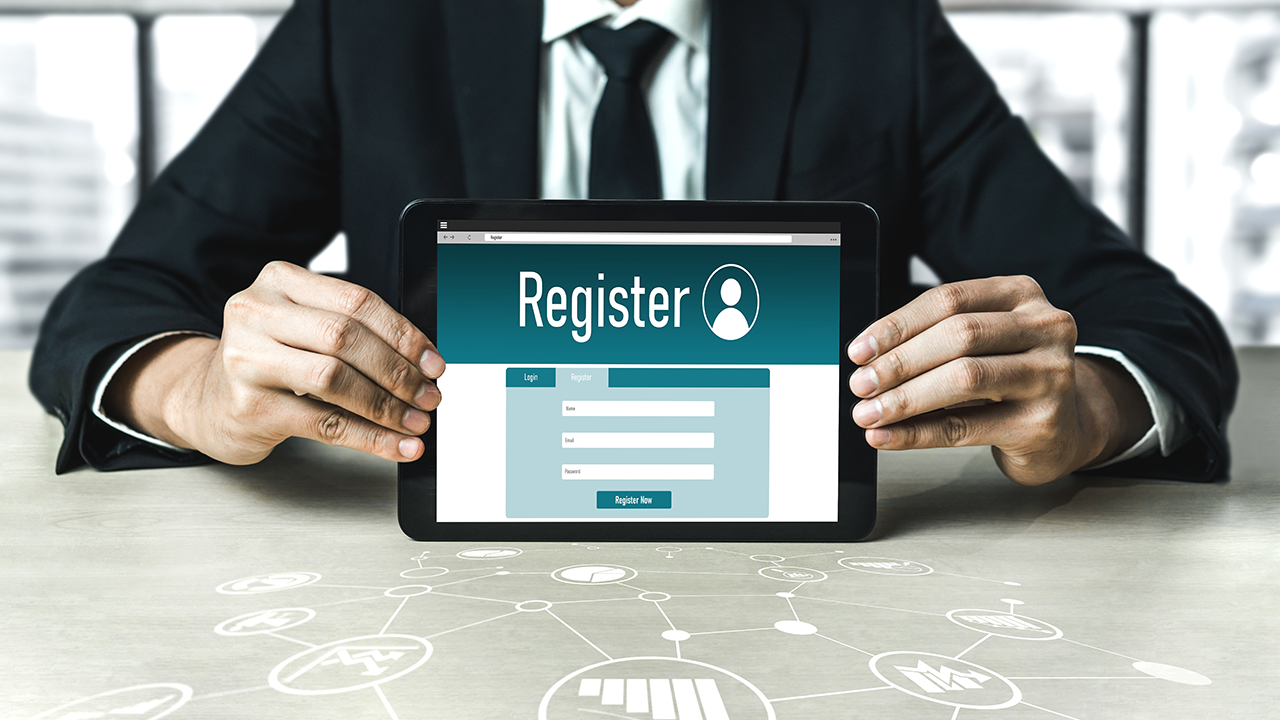NEWS | March 28, 2023
"Expropriation-Resistant" Metals

The fight against corruption and money laundering is a crucial concern within the EU. In order to enhance transparency in ownership relationships, the office in Brussels is therefore working on a central asset register.
This register is intended to encompass the assets of European citizens, such as bank accounts and company holdings. According to a document from July 2021, the register is also planned to cover cryptocurrencies, artworks, real estate, and gold. While those in charge refer to it as a feasibility study, unease is spreading among owners of tangible assets.
Should I rearrange my investments? How can I protect my wealth? These questions are being raised not only by property owners but also by gold owners. This is because in the event of the asset register being implemented promptly, their data would also be centrally stored. Precious metals would no longer offer protection against government access. While it can be assumed that a government wouldn’t access the assets of its citizens without reason, especially in uncertain times, such possibilities cannot be entirely ruled out. In such cases, it’s good to know that there are assets that don’t need to be reported in the register, such as technology metals and rare earth elements.
Critical minerals used in production, just like oil and iron, are considered commodities rather than precious metals. Hence, they are not subject to mandatory reporting as assets. In addition to their numerous positive attributes like corrosion resistance and demagnetization protection, they also possess “expropriation resistance.” Furthermore, they offer the opportunity for attractive returns, including tax-free purchases and tax-free profits after one year of holding.